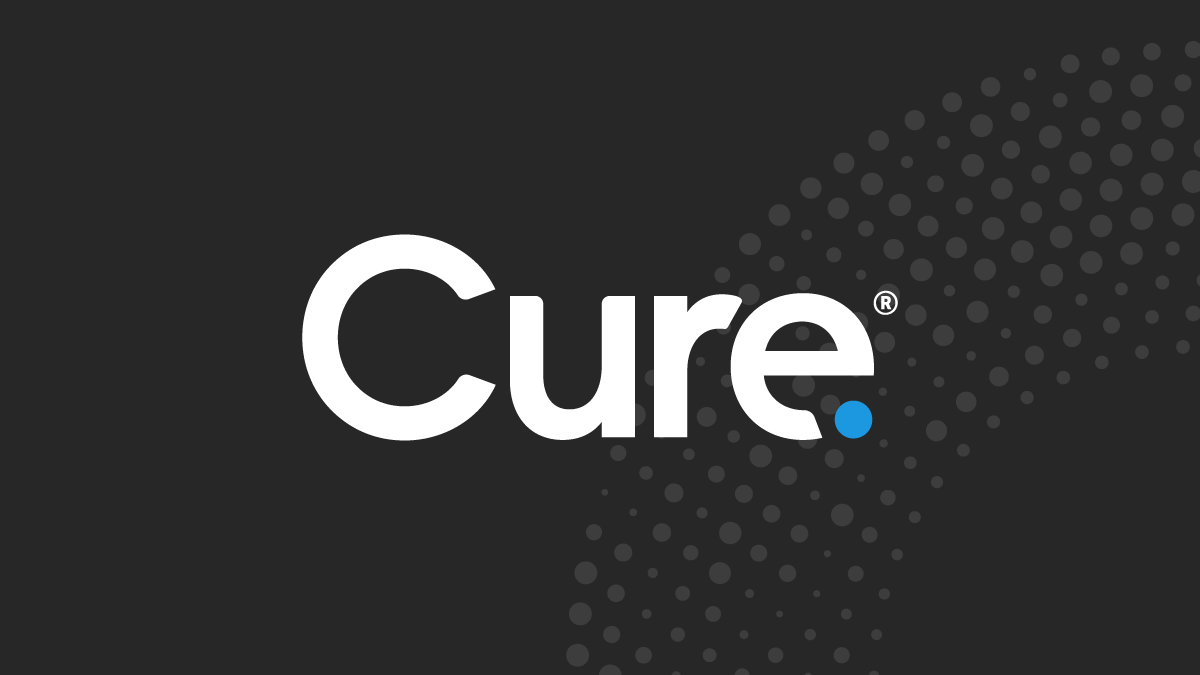
Overview
Priyanka Jain, CEO and Co-Founder of Evvy, shares how cleanly dividing areas of ownership and expertise among the leadership team, and knowing exactly what not to build, helped the company move from idea to MVP, sell out its first product batch, and raise a $5M seed round.
When founders talk about bringing a healthcare product to market, they often focus on big vision, breakthrough science, or early traction. But according to the team behind Evvy, a vaginal microbiome test kit company, one of the most critical—and overlooked—drivers of early momentum is something far more operational: radical ownership.
In this session from Cure’s Concept to Cure series, Evvy's Co-Founder and CEO Priyanka Jain explains how clearly dividing areas of ownership among the leadership team allowed them to move from concept to MVP, fundraise effectively, and build credibility in an underserved category—all while avoiding the common trap of trying to do too much, too soon.
View the entire third lesson of our Concept to Cure course: How Founders Turn Market Research Into Strategy. All lessons available exclusively to Cure members.
Radical Ownership Is the Driver of Momentum
Early in product development, the Evvy team mapped every requirement needed to reach MVP—and then divided it with little to no overlap. Their CMO became “an ops genius,” taking on everything from finding a 3PL to determining the physical product requirements and logistics strategy. Their chief science officer fully owned the problem of translating 700+ bacteria and fungi into language patients could understand.
Because ownership was clear, the team didn’t need to brief each other on every expert interview, market insight, or patient interaction. “We were able to work on the pieces that we owned,” she says. “And then as we were putting it together, translate those learnings into the rest of the experience.”
This clarity didn’t just streamline decision-making—it prepared them for fundraising.
When Evvy raised its $5 million seed round in 2021, investors could immediately tell how deeply the team understood every dimension of their category: the market, the science, the expert landscape, and the patient experience. “We were really surprised by anything anyone had to ask,” she says, “because we had become truly the experts on the space we were operating in.”
A 50-person beta program, detailed user ratings, and reviews added another layer of validation—followed by selling out their first production batch within a week of launch.
RELATED: Can Understanding the Vaginal Microbiome Improve Women's Health?
Knowing What Not to Build Is Just as Important
Jain makes it clear that culling the list of ideas and focusing on areas that are product non-negotiables is imperative. “The list of things that you choose not to do is always much, much longer than the list of things that you choose to do.”
For a healthcare startup constrained by time and money, prioritization became a discipline. Every decision had to connect back to key pillars: clinical validity, science, market need, and user insights. Anything that didn’t meet those criteria went into a backlog—not abandoned, but deliberately deprioritized.
“It was mentally helpful to jot things down,” she explains, “but also knowing that it wasn’t a priority to get into that MVP.”
Even today, as Evvy iterates daily, expands into new channels, and reaches new customer types, those same pillars continue to determine what they build next.
Concept to Cure Video Series
We are proud to introduce Concept to Cure, our 12-part video series built for healthcare founders and operators turning breakthrough ideas into real-world impact.
Across these expert-led lessons, biotech CEOs, venture investors, and policy leaders share the frameworks and hard-won lessons that move innovations from early concept to clinic and beyond.
From validating your market and building investor-ready business models to navigating FDA approvals, scaling commercialization, and leading high-performing teams, each episode distills the practical insights entrepreneurs need most.
Concept to Cure lessons are available exclusively to Cure members.








